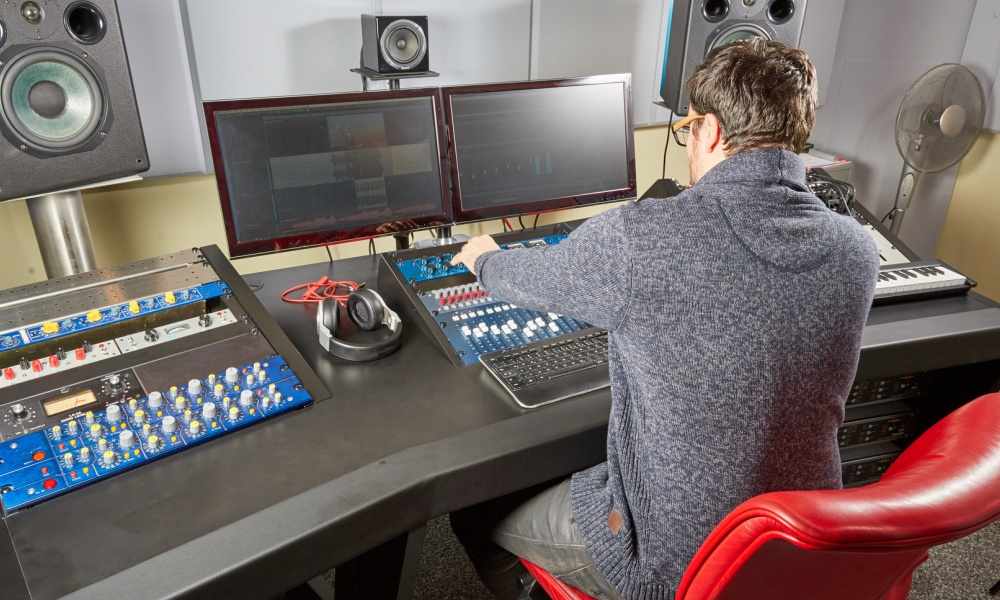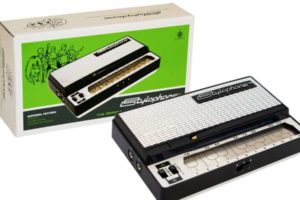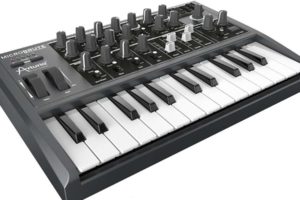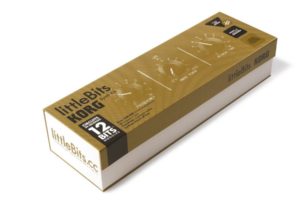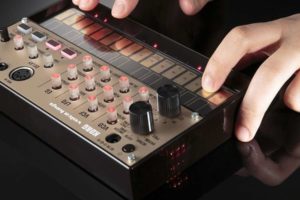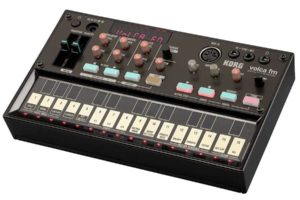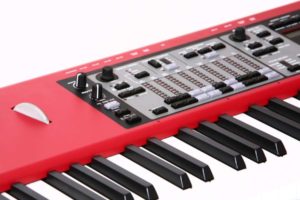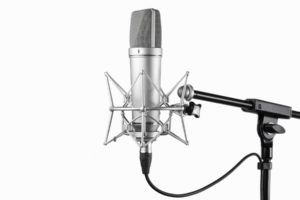Now that you got all the basic equipment you need to jumpstart your music production; you need to have a guide. Are your beats boring? Do your drum patterns sound good but suddenly become plain? Maybe they lack chord progression or the sound fonts are not properly mixed. This article discusses issues in beat making and a guide on making beats.
Making beats guide – Why your beats are boring?
The problem that most beginners face is boring beats. If you notice subtleties, you don’t have the ear; you might not have studied enough music theory. Fortunately, you can fix it. You need to understand more about music theory, orchestration, arrangement, sound fonts, and equipment needed for making beats.
Music theory
The bad news is, you need to go back to your textbooks or high school lectures to understand more about music theory. The making beats guide includes understanding music theory, it’s a priceless investment to music production.
When it comes to boring beats, music theory explains that the lack of chord changes and song sections are what make beats boring. Other issues that music theory can address are the unintentional switching of keys, instruments that are not in harmony with each other, and over producing of sounds in an effort to make up for other areas that are lacking. In simple words, the making beats guide includes the studying a little music theory.
Orchestration
Technically, orchestration is part of music theory but it should be emphasized in this section because it plays huge part in making beats. What might be wrong with your beats is that they are not in harmony. Imagine a literal orchestra – a maestro waves his stick while he signals people to play their instruments at specific times.
The maestro tells one group to start while he tells the others to stop. Same technique should be done with your beats and sounds. Another tip is to use harmony and off set each beat’s rhythms. You need to be familiar with different frequencies of the instruments and sounds you have.
Also, you need to include the entire range of human hearing. You don’t want to bang all the instruments along in the bass range. Make an instrument a bit higher, while the other a bit lower, and so on. This is orchestration.
Instruments
The most common mistake that beginners make is to purchase high end instruments while they don’t yet fully understand the techniques. This is why many beginners tend to come home with empty pockets. Some instruments are meant to be bought when you have enough experience and knowledge in beat making.
Making beats guide includes the use of basic beat making gear so that you will learn step by step while eventually coming up with your own beats. The main instruments that you need to have first are computers, headphones, sounds, Machines, and free VSTs.
Once you gain more knowledge and technical expertise through guides and practice, you can add more equipment for your studio. This equipment might be expensive but are good investments especially when you plan on making beats for a living. After the making beats guide, let us explore a little further on how to make money from your beats.
Making beats guide – On making money from beats
Many producers have earned millions of dollars by making high quality beats. Through consistent practice and passion for music, they are able to build a library of good beats and sounds. You can do it too.
Making money from making beats involves some technical skills which includes building your own website or joining community beat stores. Building a website takes time and technical knowledge (and money if you hire a webmaster), while joining community beat stores is easy.
Depending on your preference and the resources available, you can sell your beats through online channels that are convenient for you. At first, making beats might be a little overwhelming and difficult. Learning how to make beats step by step without jumping off to more technical aspects will prevent you from getting devastated in the beginning. Start with simple and easy beats for successful entry to the beat making hobby/industry.



